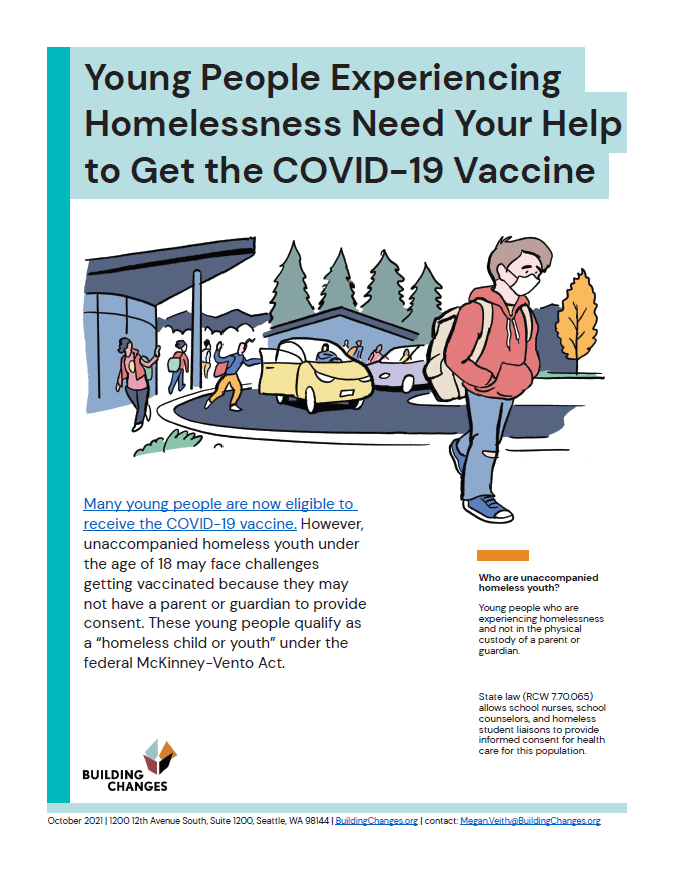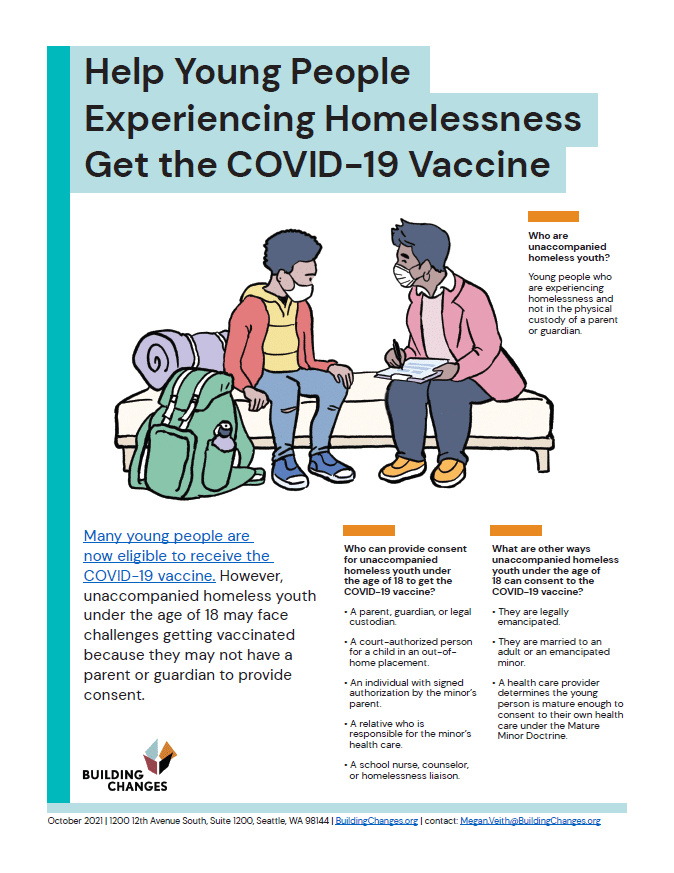Informed Consent in Research With Homeless Youth Is
An informed consent in research is required by law because it has to deal with sensitive issues and participation of minors. 2 facilitating the understanding of what has been disclosed.
As long as homeless youth have the capacity to consent research within the IRB age threshold is acceptable.
. The informed consent process involves three key features. ISSUES AND PURPOSE. We are not yet ready to say that homeless youth are not consenting to participate in research.
Informed consent is the process through which the research team obtains and maintains the legally effective permission of a person or a persons authorized representative to participate in a research study. There must be stricter guidelines in place for research that includes homeless youth. Ethical considerations for working with runaway and homeless youth in research and treatment settings are presented.
Although Maryland law specifically addresses consent for medical treatment it does not separately address consent for participation in a research study that involves medical treatment. In practice informed consent entails providing information assessing comprehension of the information provided and ensuring the consent is voluntary and not coerced by circumstances or persons involved the research. In one study 41 of youth cited parents not caring about them as a reason for leaving home Whitbeck Simons 1990.
In our modern ethical conception all research conducted on humans must be pre-emptively accepted by the subjects themselves through the procedure known as informed consent which is a process by which a subject voluntarily confirms his or her willingness to participate in a particular trial after having been informed of all aspects of the trial that are. Integration of unaccompanied migrant youth in. In cases in which the parent has abandoned the child obtaining informed.
Federal regulations require informed consent to be viewed as an ongoing process throughout a research project. The competency of the minor or patient should be considered during an informed consent. Street-connected children and youth SCCY in low- and middle-income countries LMIC have multiple vulnerabilities in relation to participation in research.
These require additional considerations that are responsive to their needs and the social cultural and economic context while upholding core ethical principles of respect for persons beneficence and justice. HPRC has established guidelines for research involving minor age participants under the. To identify the ethical and legal implications of conducting research with homeless adolescents and to discuss guidelines for conducting research without parental consent.
And 3 promoting the voluntariness of the decision about whether or not to participate in the research. If a child is enrolled in research with parentalguardian permission and turns 18 during participation the participation is no longer regulated by the requirements of 45 CFR part 46408 regarding parental or guardian permission and. At these lower rungs youth are not informed or consulted.
Informed consent must be legally effective and prospectively. The majority of respondents reported using written consent for research from homeless youths including minors. Often carried out with waiver of documentation when risk is no greater than minimal Regulations require.
York Universitys Guidelines for Conducting Research with People who are Homeless stresses the need to respect the safety welfare and dignity of human participants in their research and treat them equally fairly and not as a means to an end York. Ethical considerations for research and treatment with runaway and homeless adolescents. These approaches to securing informed consent are common in research with homeless and other transient youth populations see eg.
It then focuses on an effective approach to engaging homeless youth in research includes a discussion of the challenges and benefits of doing so and offers some lessons learned for future projects wishing to engage homeless young people in the participatory action research process. Homeless youth have reported that their parents are not available or willing to care for or support them and that in essence the adolescents are not wanted by their parents. Given the challenges and complexity of obtaining standard informed consent of youth in juvenile justice facilities this paper provides suggestions for overcoming obstacles to recruiting these.
Ethics and Informed Consent PiT Counts are a form of research and as such must be guided by standards of ethical research practice. Informed consent is achieved when a prospective subject receives full disclosure of the research plan and intent understands. Informed consent in research with homeless youth is.
A Slesnick N. Conducting research with minors whether homeless or not raises a number of questions regarding informed consent parental involvement and a consideration of developmental issues. The Journal of Psychology 136 4.
A homeless youth can be said to be fending for himself by himself hence he or she can be considered emancipated so an Informed consent in. Informed consent follows from the principle of respect for persons and is an essential practice in conducting research. In the absence of specific law or regulations addressing consent for research.
However if they are unable to access future risks then these youth must not be included in research. Researchers doing mental health andor substance use research tended to use money as a research incentive whereas healthcare providers and programme administrators tended to use non-monetary incentives. A homeless youth can be said to be fending for himself by himself hence he or she can be considered emancipated so an Informed consent in research with a homeless youth is Permitted with signed certificates of confidentiality given to each subject or their legal guardian.
When I first started working in the fashion industry I was immediately overwhelmed by the. In the meantime we want to encourage and support our community of research partners in the area by informing them of the issues they are working with and what we are doing in our community. The Common Rule generally requires informed consent from those who participate in research studies.
1 disclosing to potential research subjects information needed to make an informed decision. We are making progress but have a long way to go. We dont want them to.
Issues of parents and adolescents consent for research.

Covid 19 Vaccine Access For Unaccompanied Homeless Youth Flyers Building Changes

Should Homeless Youth Participate In Research Voices In Bioethics

Covid 19 Vaccine Access For Unaccompanied Homeless Youth Flyers Building Changes
No comments for "Informed Consent in Research With Homeless Youth Is"
Post a Comment